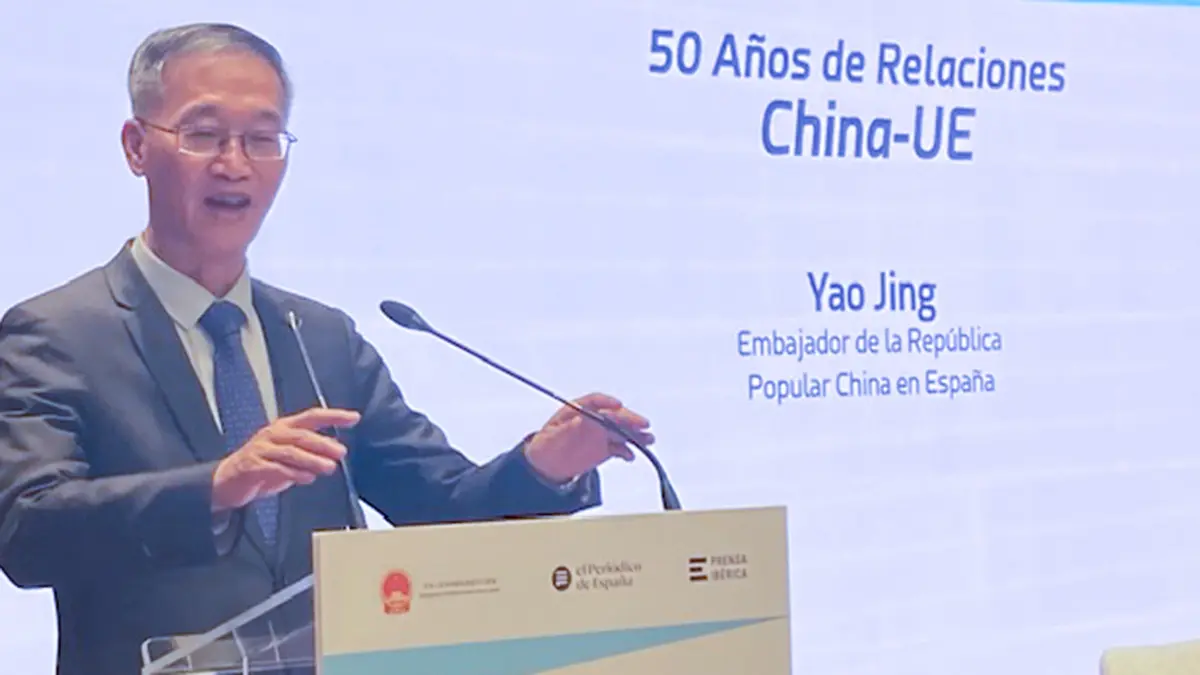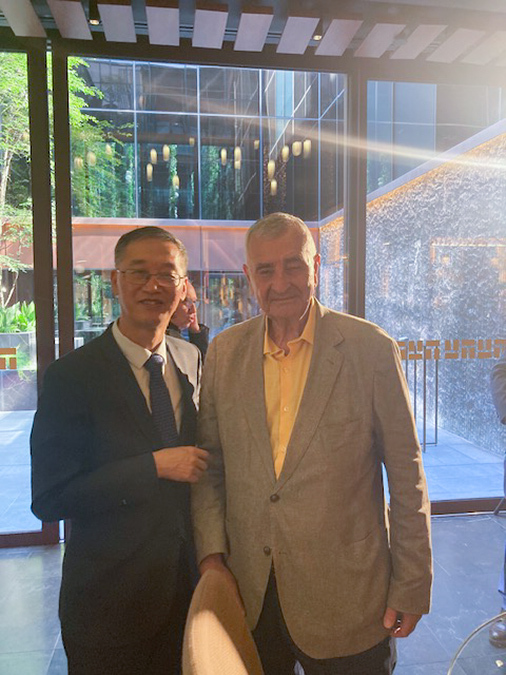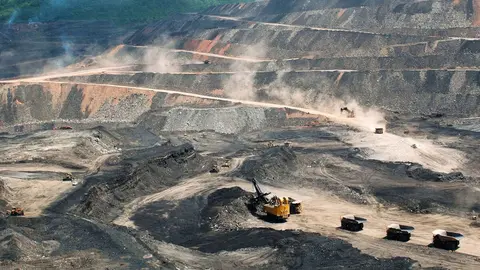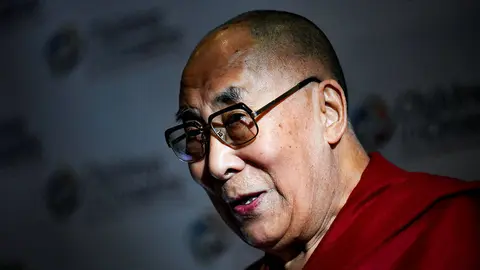EU-China, golden anniversary marred by mistrust

Spain had already done so individually in 1973, but it would take another dozen years to officially join what was then the European Economic Community.
The festivities planned in Brussels to commemorate the anniversary were first moved to China instead of the EU capital. The supposed celebration, scheduled to last two days, was also reduced to just one day, although it was attended by Chinese leader Xi Jinping and his prime minister, Li Qiang, as well as the president of the European Commission, Ursula Von der Leyen, and the president of the European Council, António Costa.
At least the day served to put on the table the grievances that, both in public and in private and sectoral meetings, have been damaging the relationship. In purely economic terms, although the EU and China are extremely important trading partners, with bilateral trade worth 730 billion euros in 2024, Europe continues to denounce the formidable imbalance in Beijing's favour, with a trade deficit of 305 billion euros.
This is not the only dispute. The EU continues to reproach China for its concern about current systemic distortions and excess manufacturing capacity on the part of the Asian giant, which exacerbate unequal conditions. Somewhat fed up with Beijing's ‘deaf ears’ to its complaints, after warning Chinese leaders of ‘its willingness to engage in constructive dialogue to find negotiated solutions, the EU warns that, if this is not the case, it will take proportionate and legally compliant measures to protect its legitimate interests’.
European representatives, including Kaja Kallas, the EU's High Representative for Foreign Affairs and Security Policy, did not mince their words either, urging their Chinese counterparts to ‘take concrete measures to grant EU companies access to the Chinese market in priority sectors such as meat, cosmetics and pharmaceuticals’. The EU has insisted that China must end unjustified trade defence cases and retaliatory measures on EU exports of brandy, pork and dairy products. It also reminded its Chinese hosts of the negative impact of the rare earth controls introduced by China, urging it to lift such restrictions.

Unsurprisingly, both delegations did not ignore the elephant in the room, namely Russia's war of aggression against Ukraine, which the EU described as an ‘existential threat’ not only to the country under attack, Ukraine, but also to global security. Consequently, Von der Leyen, Costa and Kallas reminded China that, as a permanent member of the United Nations Security Council, Beijing has a specific responsibility to defend the rules-based international order. In addition to reiterating that Russia's invasion of Ukraine is a clear violation of the United Nations Charter and international law, they urged ‘China not to provide any material support that sustains Russia's military-industrial base’. The EU also stressed that North Korea's provision of troops and weapons in support of Russia's war in Ukraine poses considerable risks to security in both Europe and East Asia.
It should be noted in this very important chapter that China seems to have an interest in prolonging the war in Ukraine as long as possible, in the belief that, once that war is over, the United States will focus all its attention on China in the Indo-Pacific region.
At this point, it was necessary to find some positive common ground in this troubled Euro-Chinese golden anniversary. And they found it in ‘positive and productive cooperation on climate change.’ So both sides agreed that the EU and China should lead global efforts to reduce greenhouse gas emissions, including at the upcoming COP30. The EU can certainly boast that its share of emissions has already fallen to 6%, with a firm commitment to reduce them to 4% by 2030, while encouraging China to propose an ambitious plan to drastically reduce them by 2035, while urging Beijing to step up its international financial contributions in line with its size and global responsibility.
But after this consensus, the differences returned. The EU returned to the fray by highlighting the need to promote reciprocity in the digital sphere, stressing that European companies face limited access to China. In addition, the EU has reiterated its concerns about the lack of clarity in Chinese rules on data security and cross-border data flows from China, as well as about malicious cyber activities detected and traced back to China.
In this regard, although there is no reference to the two delegations discussing the controversy surrounding the tech giant Huawei and the contract signed with Spain for the storage of judicial wiretaps, I was able to speak with the Chinese ambassador in Madrid, Yao Ying, during a debate organised by the Spanish newspaper El Periódico two days before the Beijing summit. Yao Ying denied that there was any insecurity in the custody of such wiretaps, but he did not categorically deny that Chinese companies are required by their own laws to provide information requested by the Chinese Communist Party (CCP).
Finally, the EU did not fail to express its concern on its list of grievances about the human rights situation in Xinjiang and Tibet, the treatment of human rights defenders and persons belonging to minorities, as well as the continued erosion of fundamental freedoms in Hong Kong, given that China should respect its previous commitments.
In return, the EU reaffirmed its ‘one China’ policy, while expressing concern about the increasing tensions in the Taiwan Strait. However, the EU opposes any unilateral attempt to change the status quo by force or coercion.
As can be seen, it was a day without garlands or confetti, but one in which both sides, especially the EU, made clear their well-founded reasons for complaint and discontent. One would hope that the EU's traditional ally, the United States, until recently considered a friend, would not push the EU into the arms of China, which the EU itself once described, undoubtedly erroneously, as a ‘systemic rival’.



